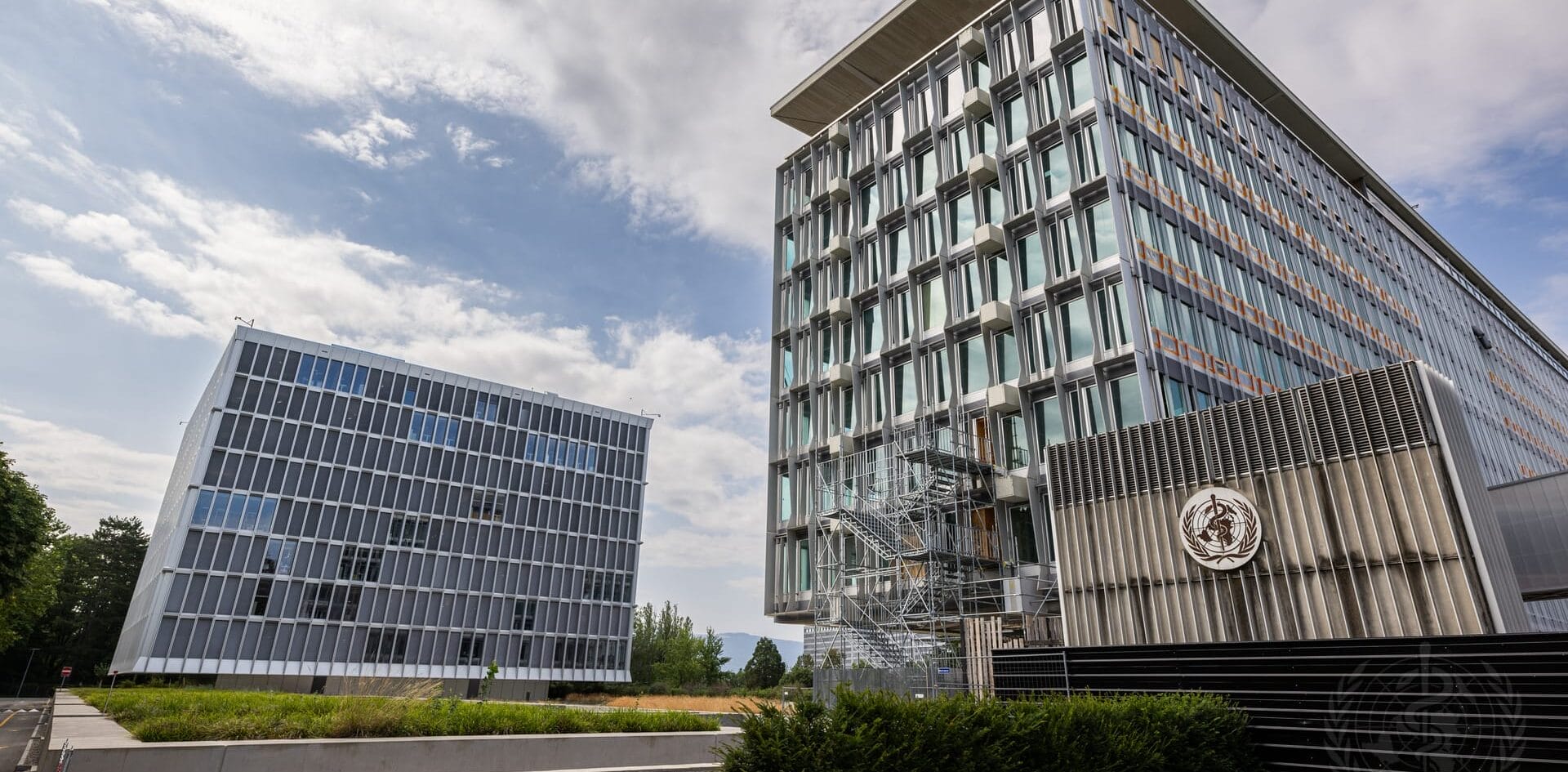
Topic Description
Vaccines are one of the greatest achievements in public health. They protect people from dangerous diseases like measles, polio, and COVID-19. But in recent years, many people have become hesitant about vaccines. “Vaccine hesitancy” means being unsure about vaccines, delaying getting them, or refusing them altogether—even when they are available.
This is not just a scientific problem, but also a behavioral health problem. People make choices about vaccines based on trust, culture, past experiences, and what they hear from friends, family, or social media. Some fear side effects, others distrust governments or pharmaceutical companies, and some follow misinformation spread online. In some countries, religious or cultural beliefs also play a role. For some communities, vaccine hesitancy is also shaped by histories of discrimination, unethical medical experiments, and neglect by health systems. In these cases, mistrust is rooted in lived experience and collective memory.
One challenge is balancing individual freedom with community health. If too many people refuse vaccines, diseases can spread more quickly—even to those who are vaccinated. This creates ethical questions: Should governments require vaccines, or should they rely only on education and encouragement?
Strategies to consider to address vaccine hesitancy include public education campaigns, partnerships with community leaders, stronger regulation of misinformation online, and training health workers to talk with hesitant patients in supportive ways. In communities with histories of neglect or discrimination, strategies should also focus on acknowledging past harms, engaging trusted local messengers, and ensuring that
vaccination campaigns are delivered in ways that are equitable, respectful, and culturally sensitive.
Discussions on this topic should focus on how governments, international organizations, and other relevant stakeholders can work together to increase vaccine acceptance. Key questions to ask include: Should strategies to address vaccine hesitancy focus more on fighting misinformation, improving education, or making vaccines more accessible? How can leaders respond to cultural sensitivities while protecting public health? How can community engagement strategies, especially those involving religious or cultural leaders, be implemented without imposing “one-size-fits-all” solutions? And how can policymakers build trust with communities that have experienced discrimination or neglect from health systems in the past?
This debate is about more than medicine—it’s about trust, fairness, and human behavior. Understanding vaccine hesitancy requires looking at how science, psychology, history, and society are all connected in global health.
Join our mailing list!
Sign up form
Or stay up to date with the latest WIMUN news by following us on social media!



